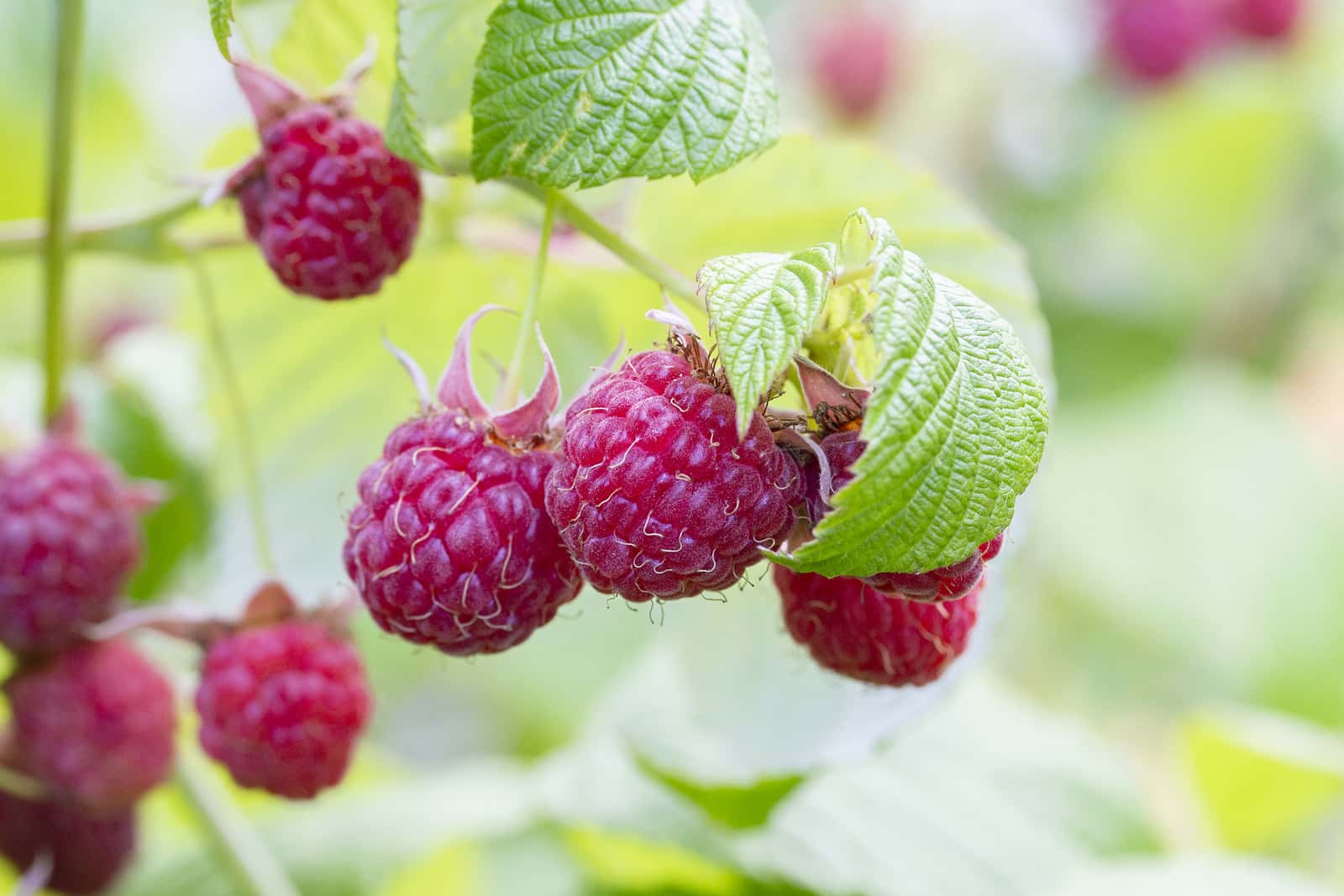
Irritable bowel syndrome (IBS) is a miserable condition. Although doctors can find no good explanation, IBS inflicts abdominal pain, gas, cramping, bloating and either diarrhea or constipation. Occasionally, people may have alternating constipation or diarrhea. It is a chronic problem, and until fairly recently, doctors termed it a “functional” gastrointestinal disorder. These are considered gut-brain interaction disorders. Although they can be hard to treat, some people get relief from botanical products such as peppermint oil or raspberry powder.
Taming Explosive Diarrhea:
Q. I’ve had IBS with explosive diarrhea since my 30s, decades ago. As a result, I was afraid to go out unless there was a restroom close by. Then I read your article about the folks in New Zealand who used a raspberry powder remedy for Montezuma’s revenge while traveling.
I decided to try it, and I’ve only had two diarrhea episodes in the last month! An electrolyte raspberry powder drink mix that I found online makes a good beverage once a day, after dinner. I also take psyllium husk capsules morning and evening. Now I’m no longer afraid to leave home!
A. Thank you for sharing your experience. IBS (irritable bowel syndrome) can be extremely challenging. Some people, like you, have severe diarrhea. Others may suffer from chronic constipation or a mixture of the two.
The Power of Raspberry Powder:
We have found regrettably little research on raspberry fruit (Rubus idaeus) to treat diarrhea, although the leaves are a traditional anti-diarrheal remedy (Current Medicinal Chemistry, June 2004). A related plant, Rubus coriifolius, that grows as brambles in Mexico and Central America contains compounds that are active against diarrhea caused by the parasite Giardia (Journal of Ethnopharmacology, Feb. 2007).
Other Approaches for IBS:
Some other approaches for diarrhea include probiotics, plant pectin, berberine, psyllium and coconut. The person who told us about coconut suffered from Crohn’s disease, which can also cause severe diarrhea. Coconut macaroon cookies changed his life.
A possible explanation involves lauric acid, a component of coconut oil. This fatty acid has antimicrobial activity against dangerous gut bacteria that have been associated with chronic diarrhea (Cell Transplantation, Dec. 2019).
Learn More:
You can read more about treating chronic diarrhea and constipation with medications and home remedies in our eGuide to Overcoming Digestive Disorders. You may also wish to listen to Show 1224: What Is the Best Way to Manage Your Heartburn? In it, Dr. Robynne Chutkan also discusses treating IBS. For further information on digestive problems beyond IBS, we suggest listening to Dr. Nicholas Shaheen in Show 1179: What Should You Do About Digestive Distress?
Citations
- Patel AV et al, "Therapeutic constituents and actions of Rubus species." Current Medicinal Chemistry, June 2004. DOI: 10.2174/0929867043365143
- Barbosa E et al, "In vivo antigiardial activity of three flavonoids isolated of some medicinal plants used in Mexican traditional medicine for the treatment of diarrhea." Journal of Ethnopharmacology, Feb. 2007. DOI: 10.1016/j.jep.2006.09.009
- Matsue M et al, "Measuring the antimicrobial activity of lauric acid against various bacteria in human gut microbiota using a new method." Cell Transplantation, Dec. 2019. DOI: 10.1177/0963689719881366

